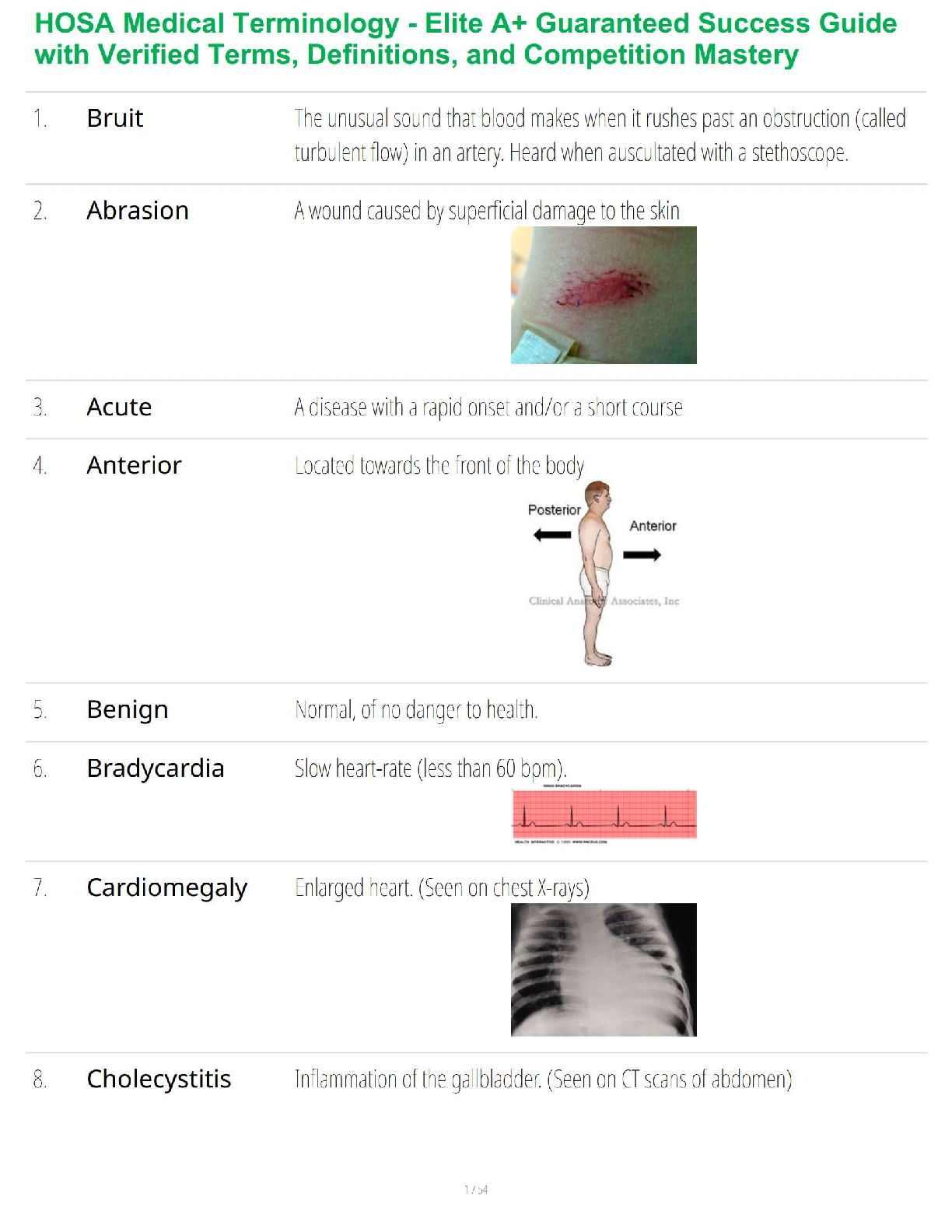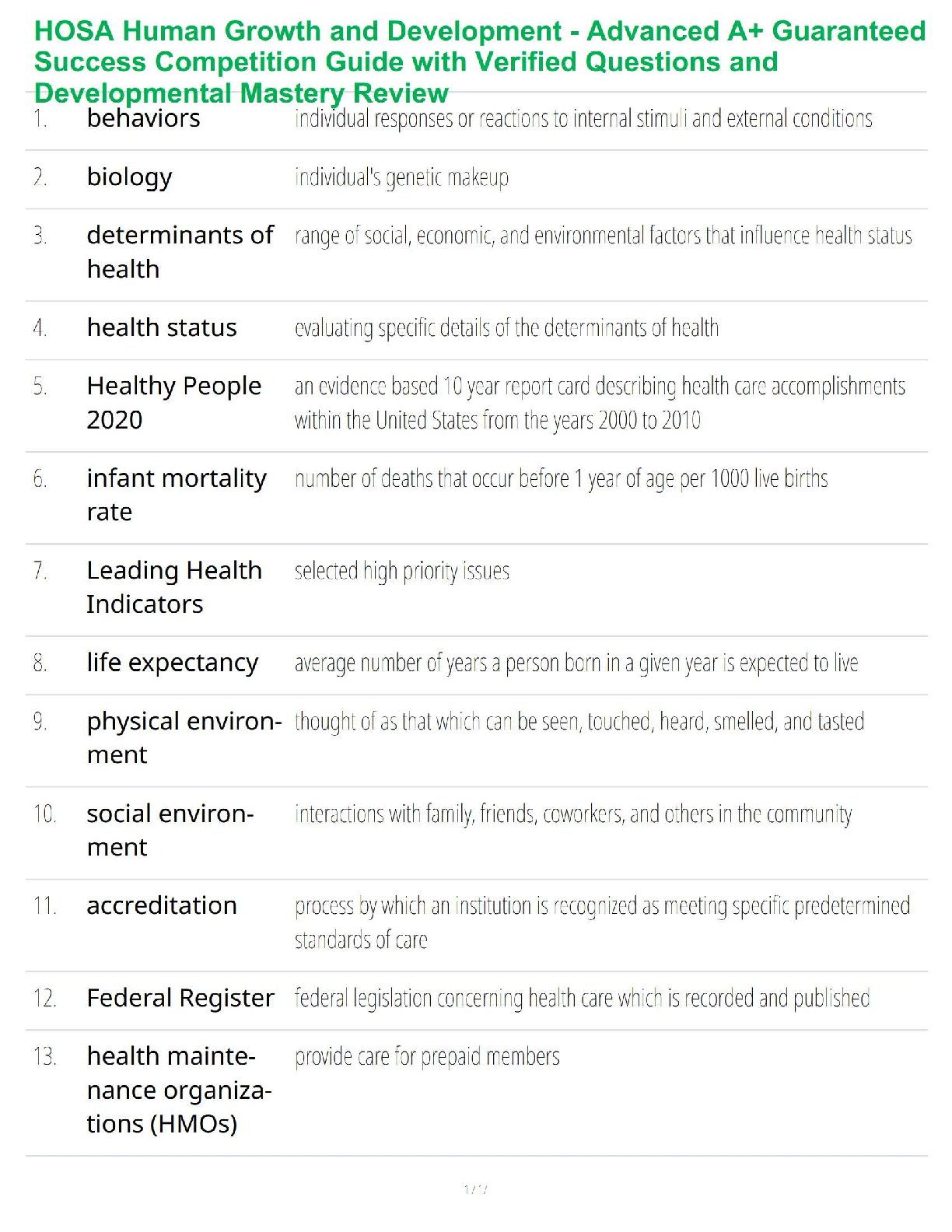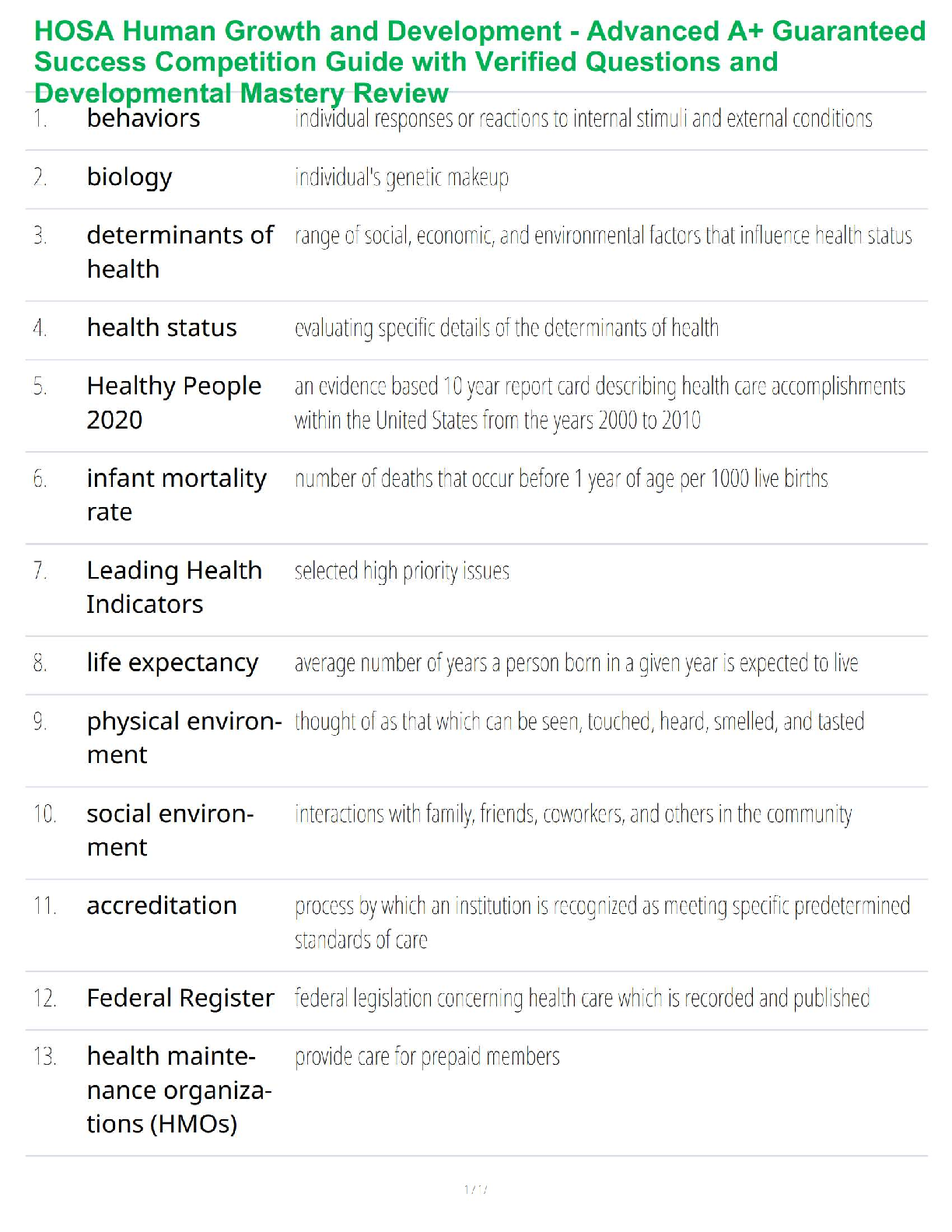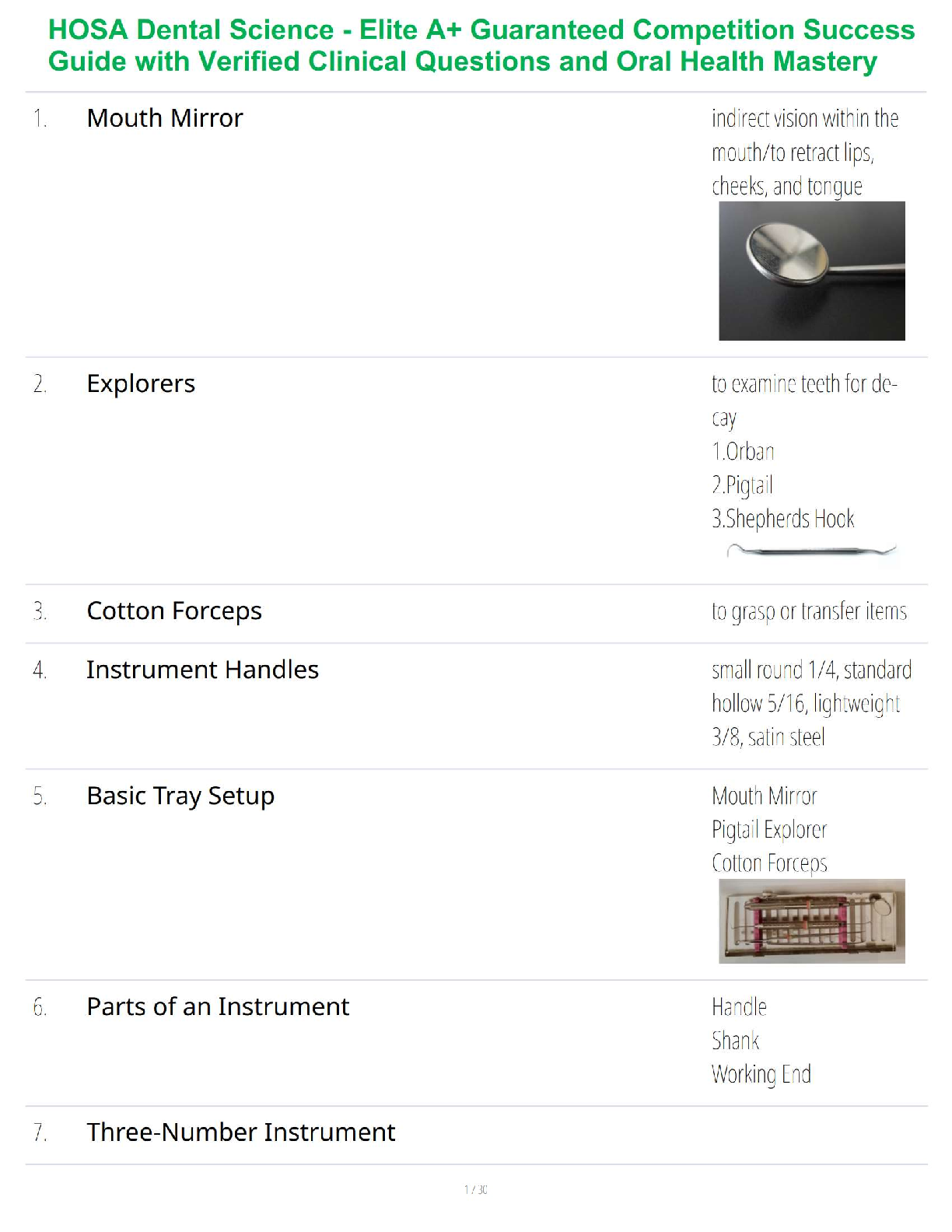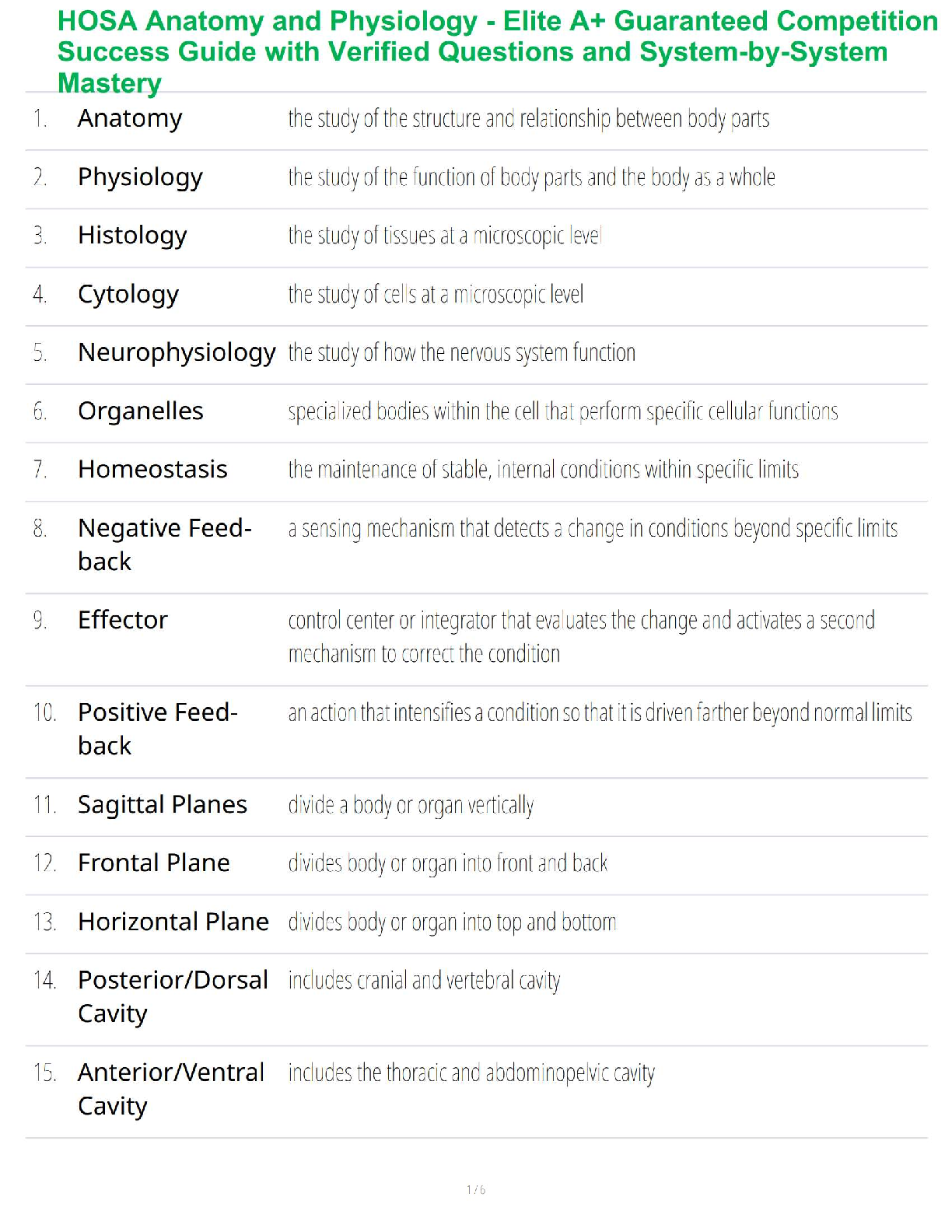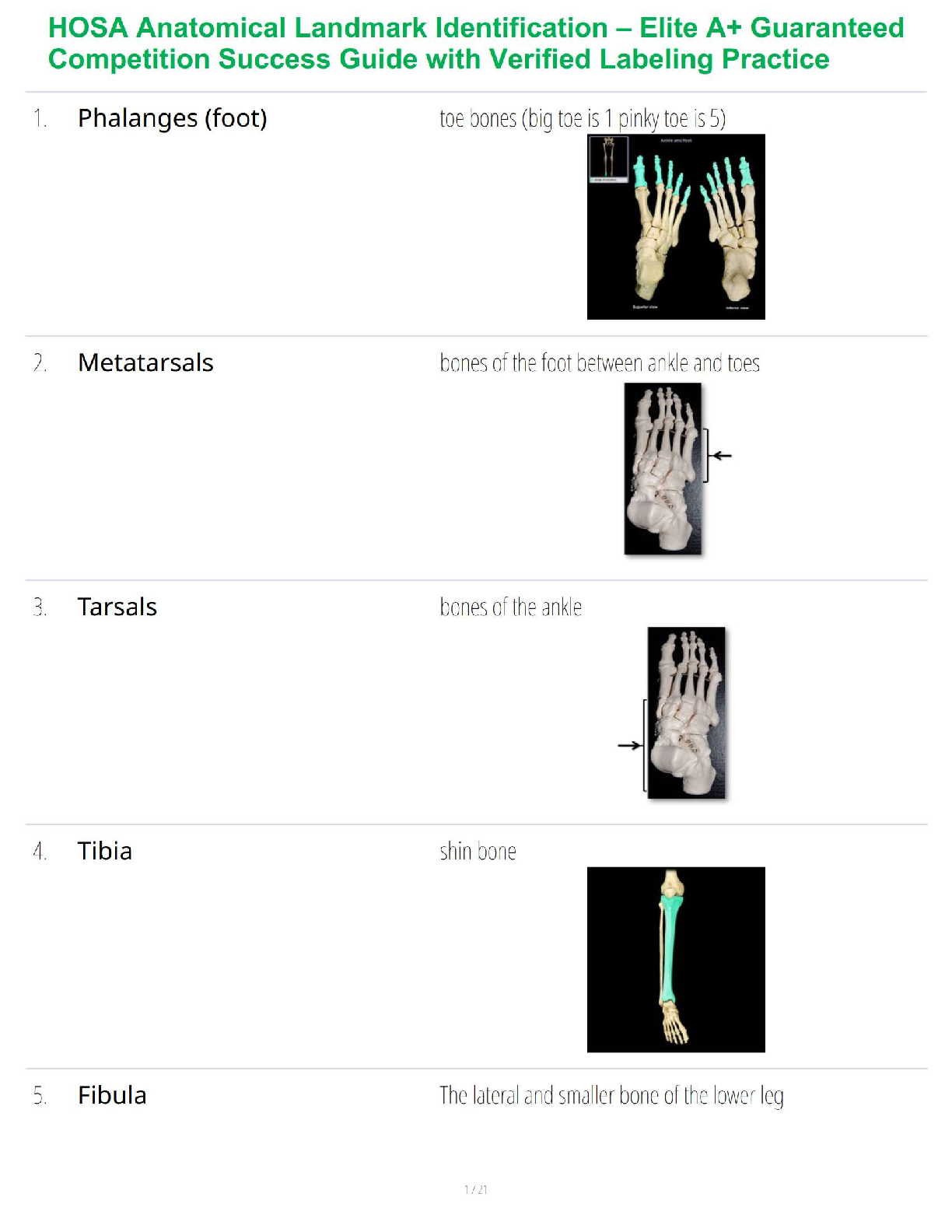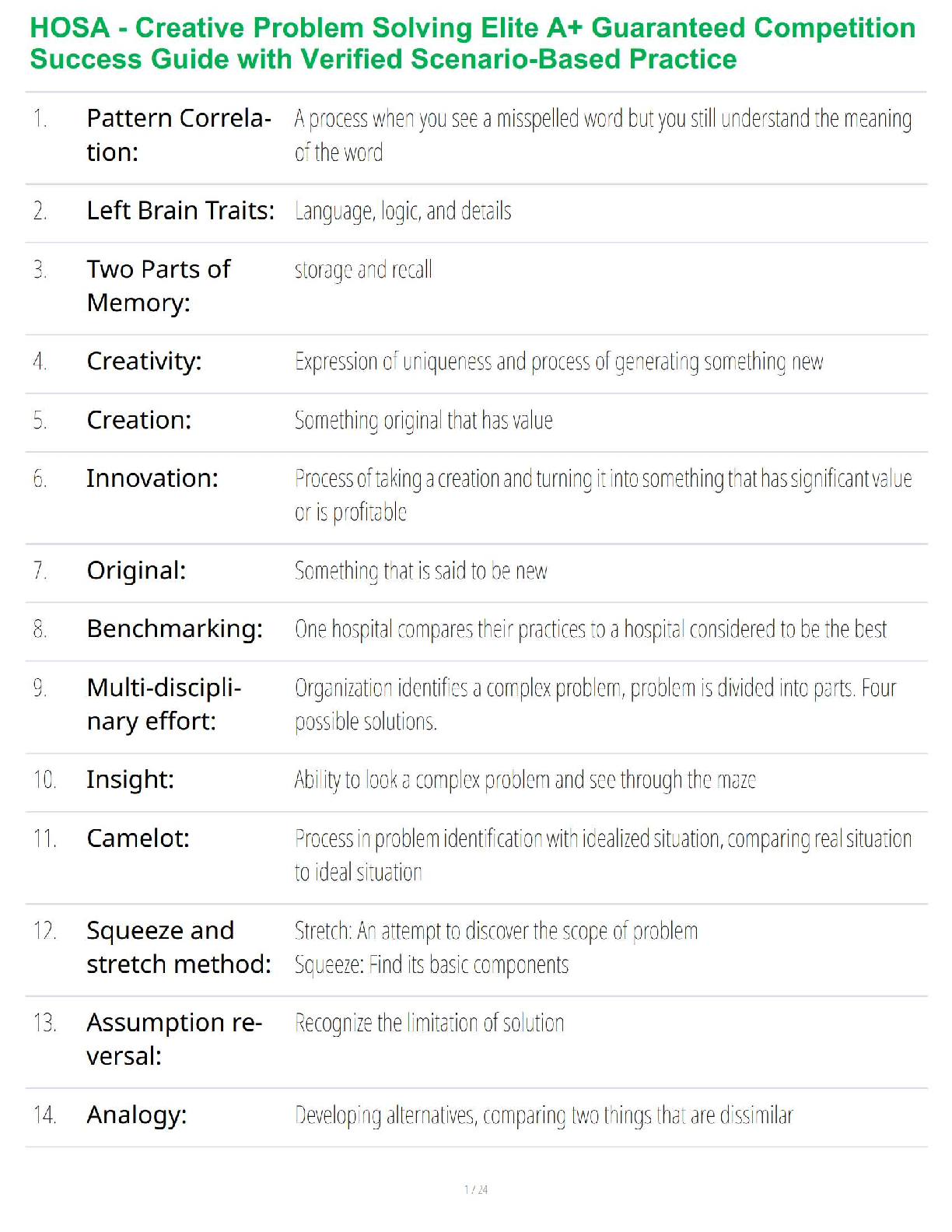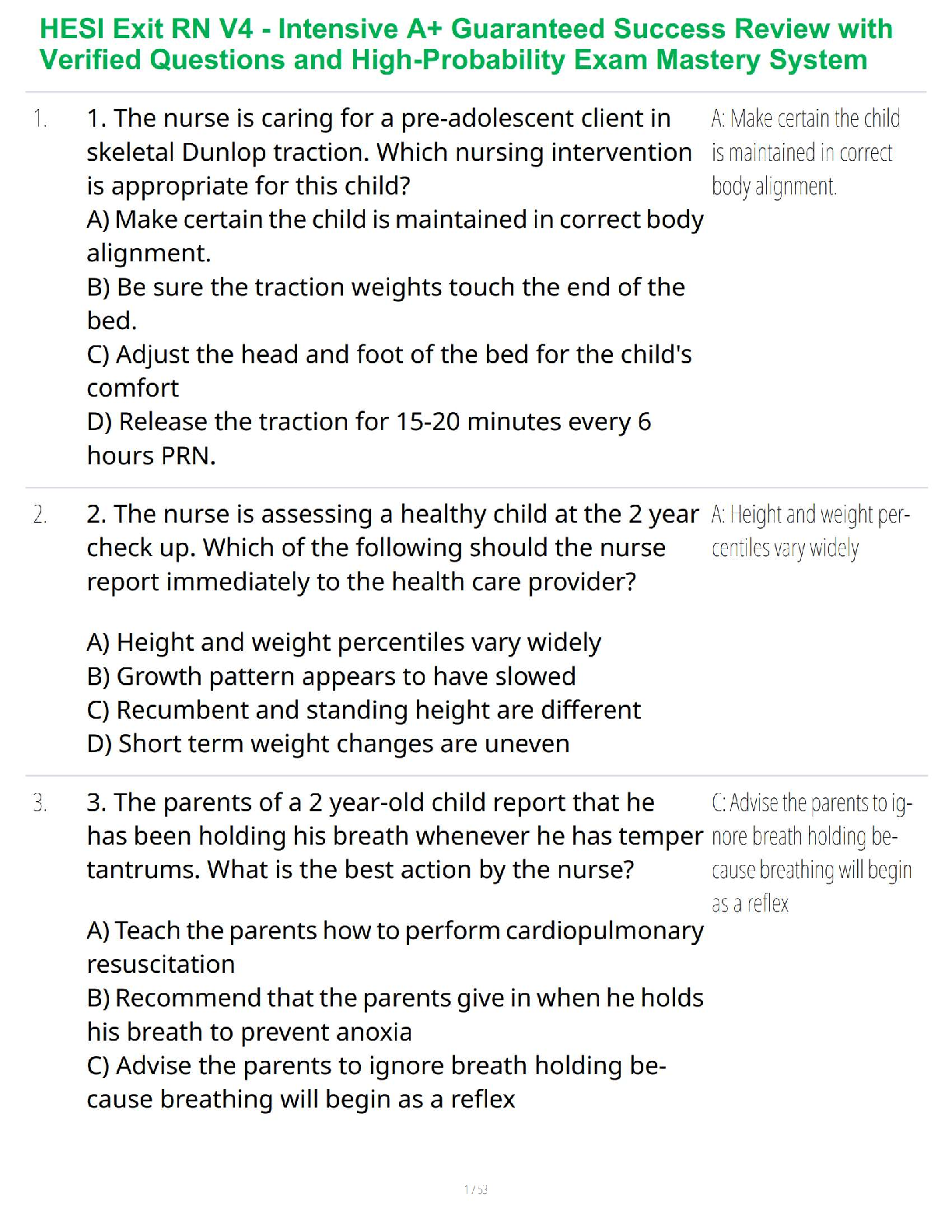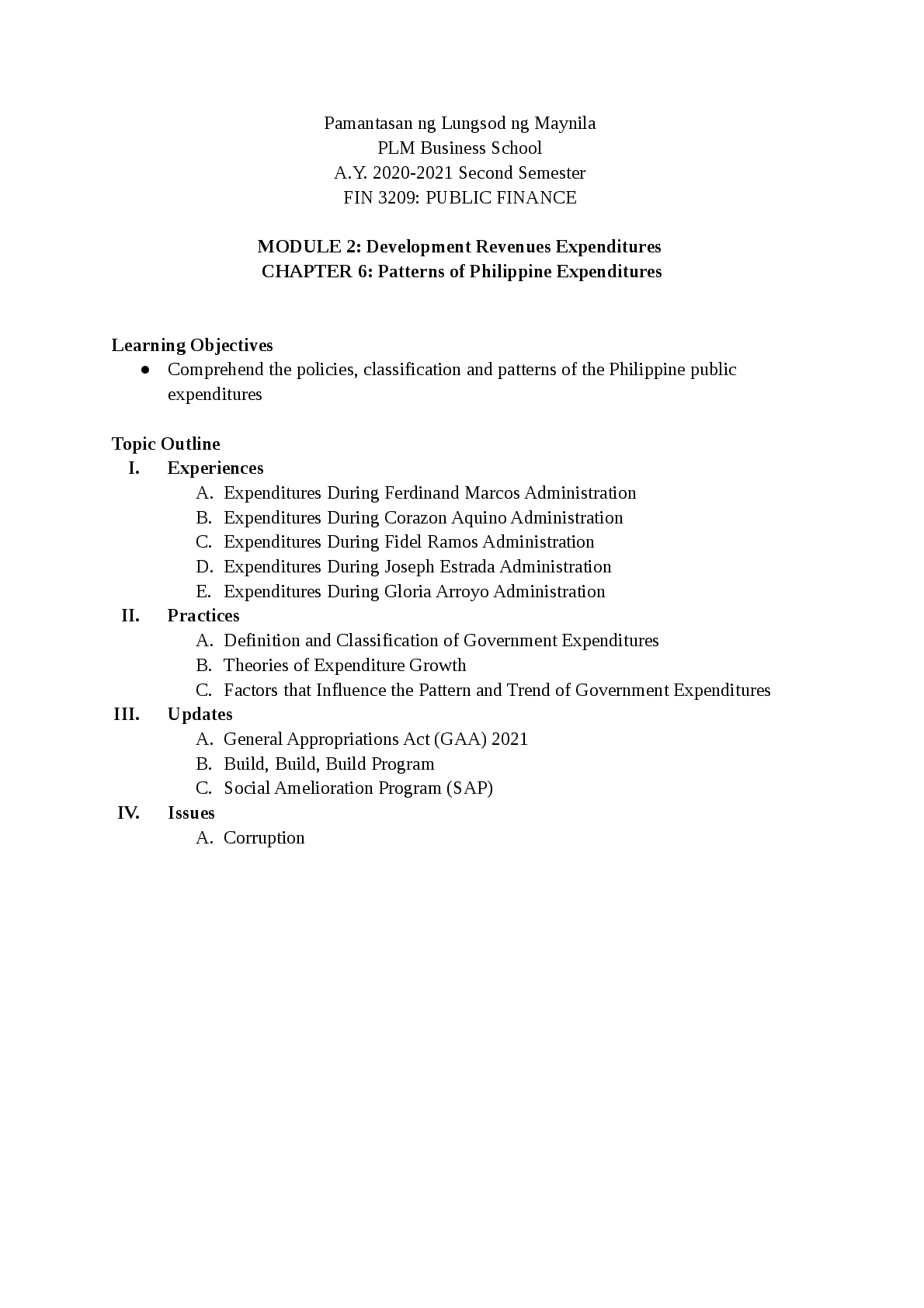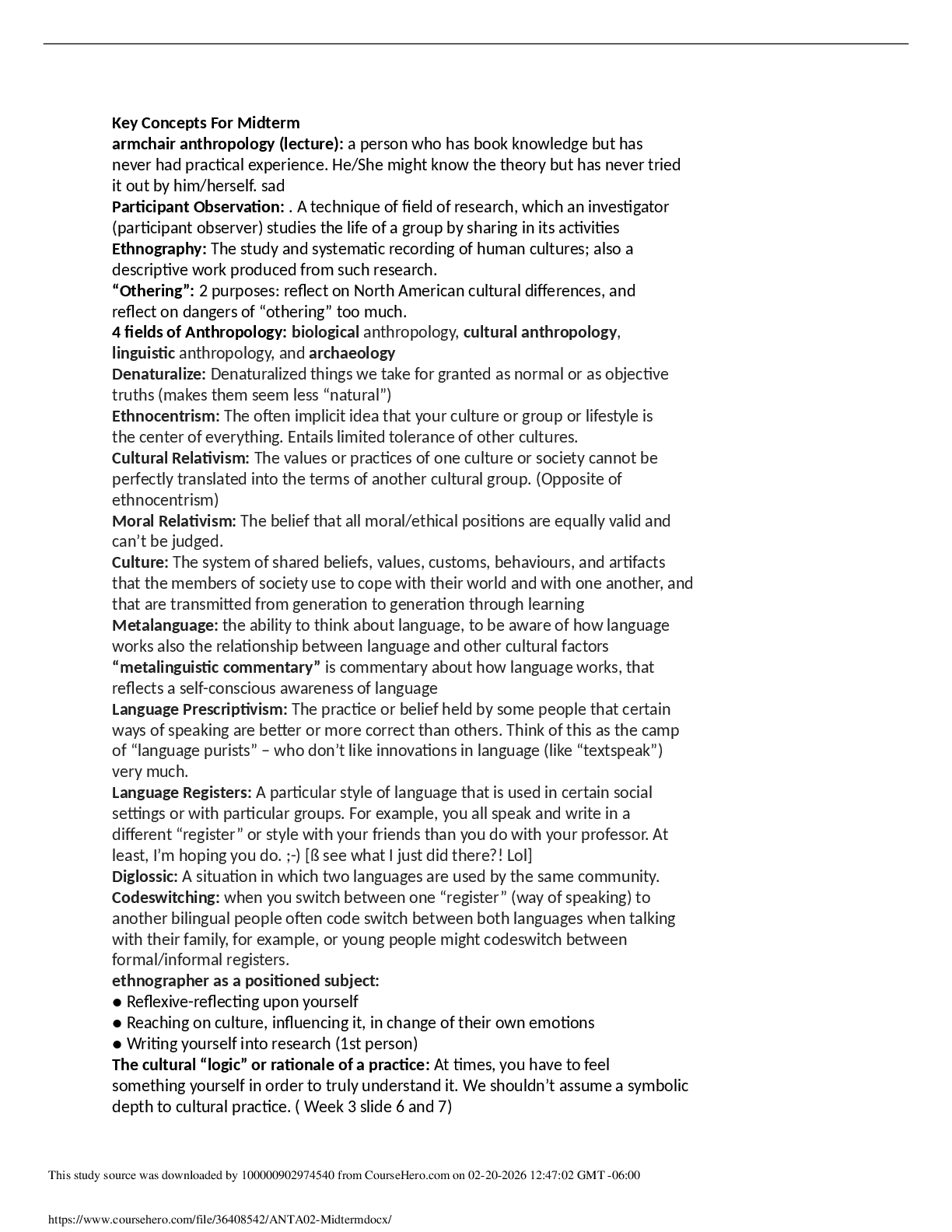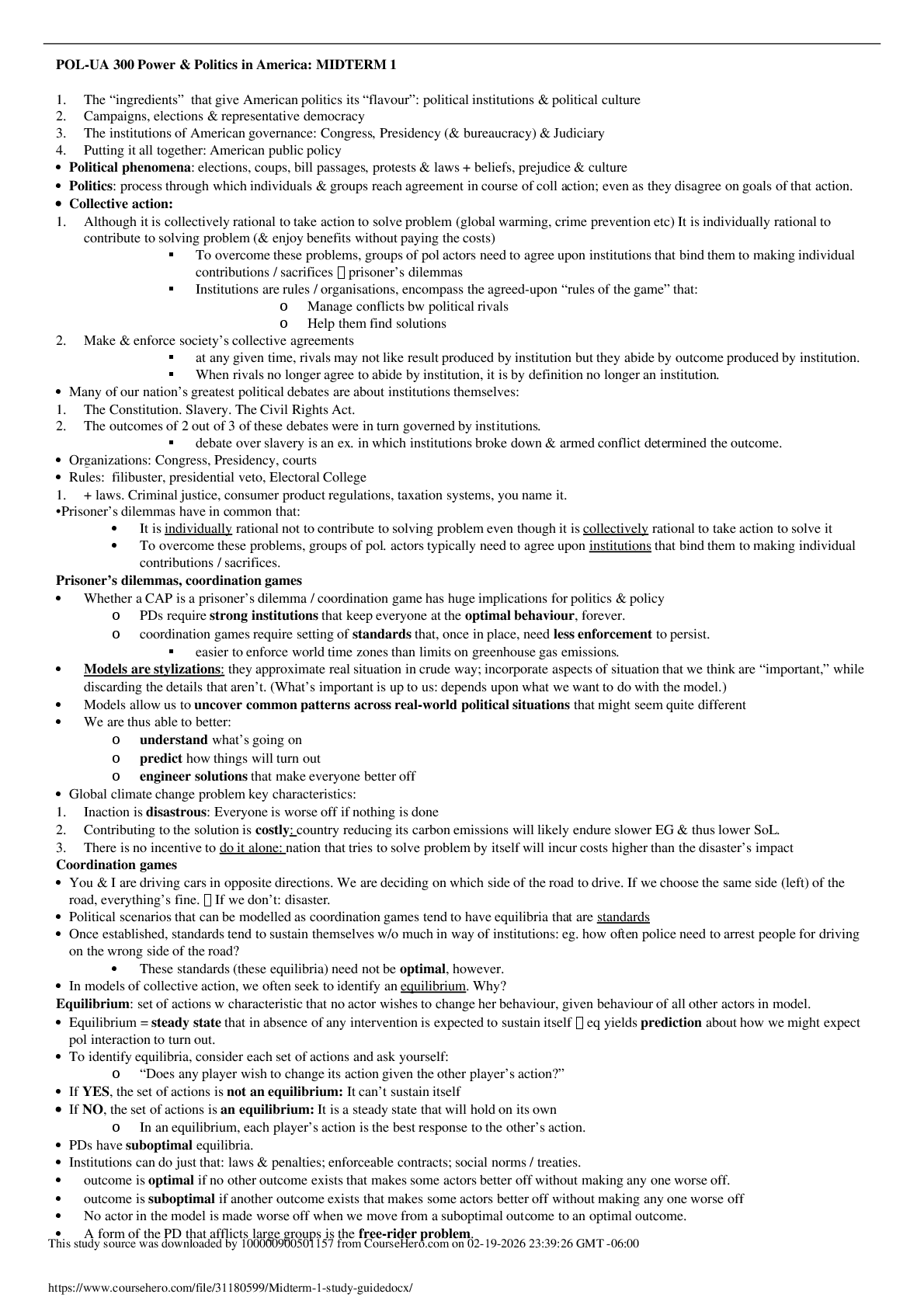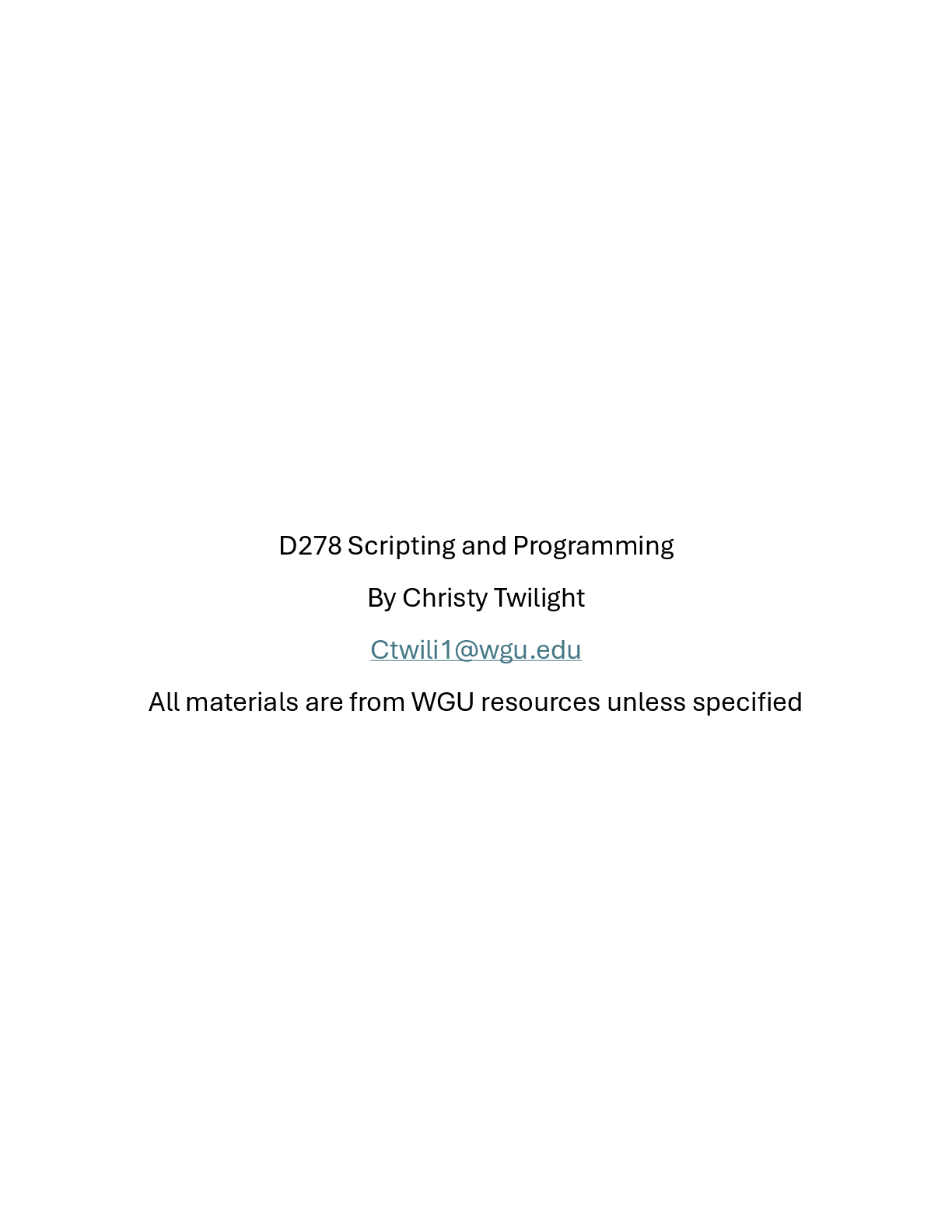Study Guide HESI V5
Note: The blue highlighted questions came out also on my V2 exam.
1.) Something about a breast cancer patient refusing drugs:
ANS: Go find out why she is refusing
2.) How would you relieve MASTI
...
Study Guide HESI V5
Note: The blue highlighted questions came out also on my V2 exam.
1.) Something about a breast cancer patient refusing drugs:
ANS: Go find out why she is refusing
2.) How would you relieve MASTITIS and what is it caused from?
Mastitis is an inflammation of the breast, caused by blocked milk ducts/ there is NON-Infective or BACTERIAL infective/
Treatment for mastitis should begin immediately. Your doctor may not immediately be able to distinguish between simple inflammation and a bacterial infection, but will usually treat you as if it is infected.
Options include:
• Continued breastfeeding and/or expressing to drain the breast
• Antibiotics (for example, flucloxacillin or cephalexin)
• Anti-inflammatory medication (such as ibuprofen) or analgesia (such as paracetamol) to relieve pain, if necessary
• Rest and adequate fluid intake
• Heat to breasts (such as hot showers) before a feed and cold after
• Varying the feeding position to increase breast drainage
3.) SEPSIS- Related to endotoxins release by bacteria, which cause vascular pooling, diminished venous return, and reduced cardiac output
Medical Treatment for SHOCK
A. Correct decreased tissue perfusion and restore cardiac output
A.1. OXYGENATION & VENTILATION
A.2. FLUID RESUSITATION : Rapid infusion of volume-expanding fluids(colloids), whole blood plasma, iso’s such as Ringers Lactate
A.3. DRUG THERAPY: Restoration of cardiac function is priority, drugs will be based on effect of shock on preload, afterload, or contractility
A.3.a. Drugs that increase preload (blood products, crystalloids)/ decrease preload (morphine, nitrates, diuretics)
A.3.b. Drugs that increase afterload ( vasopressors, dopamine)/ decrease afterload ( nitroprusside, ACE-I, ARB)
A.3.c. Drugs that decrease contractility (beta blockers, calcium channel blockers)/ increase contractility (digoxin [Lanoxin], dobutamine)
A.4. MONITOR: CVP, LOC, ABG’s, VITALS, Skin changes, Fluid status
4.) There will be a question relating to anti-infective meds, and your ANS: is anti-effective meds Anti-effectives
Anti-infective are drugs that can either kill an infectious agent or inhibit it from spreading. Anti-infective include antibiotics and antibacterial, antifungals, antivirals and antiproatozoans
5.) Question will state something about the kids want the nurse to force their mom whom is refusing her meds to take them, so the nurse should go in the room and…
ANS: is D you will go and in to find out why she don’t want meds and treatment
6) A Girl patient eats a handful of pills…
ANS: find out what pills she took
7) A nurse arrives on the scene of an accident and there is a person face down in water but her phone is however many feet away what the nurse would do first
ANS: Immobilize neck ASSESS for LOC, check or reassess Airway
8) Question about restraints and where and how you would tie them
ANS: bed frame with a quick release knot
9) PAGE 270 HESI: HYDATIDIFORM MOLE- a chorionic villi degenerate into a bunch of clear vesicles in grapelike clusters, this is developmental anomaly and predisposes client to choriocarcinoma
Nursing Assessment
*Vaginal bleeding in first trimester
*Uterus larger than expected for gestational age
*Anemia/ excessive N/V, Abdominal cramping, early s/s of preeclampsia
Nursing plans and Interventions
• Provide preoperative and postoperative D&C care.
• *****Instruct patient to prevent pregnancy for 1 year in the (HESI) book, on hesi exam the answer will be 6 months for some reason
• Instruct patient to obtain monthly serum hCG levels for 1 year
10) Mouth care for dentures: ANS: Put towel in sink and place dentures on towel then clean
11) You suspect that a Patient is being abused what would you do?
ANS: go check it out, as in doing a home visit
12) Question about a patient presenting with decreased BP
ANS: Give IV fluids
13) Question relating to stoma care, you will assess and note that the stoma is dusty, this means that there is necrotic tissue; what do you do?
ANS: Call surgeon
14) Question about a baby on digoxin and the mother just administered it and then the baby vomits and it will ask what you do about next dose
ANS: Hold Digoxin
15) Drag and Drop Question: Patient has adverse reaction to meds: This is the order
[Show More]
.png)















